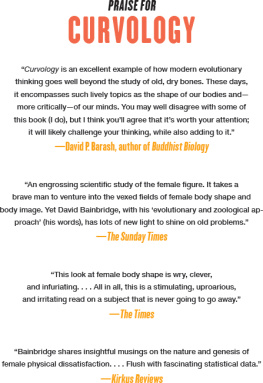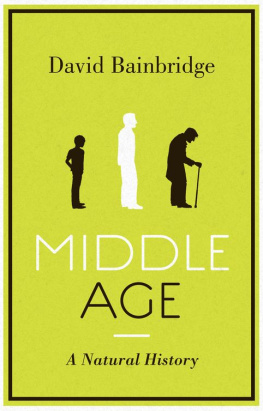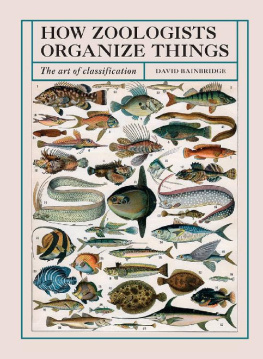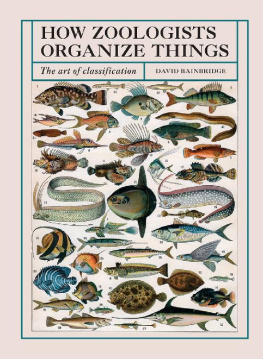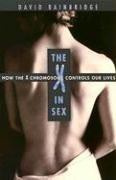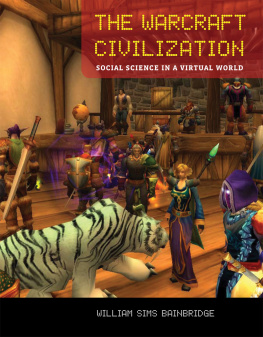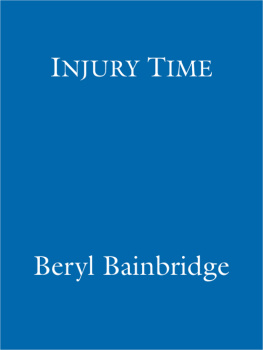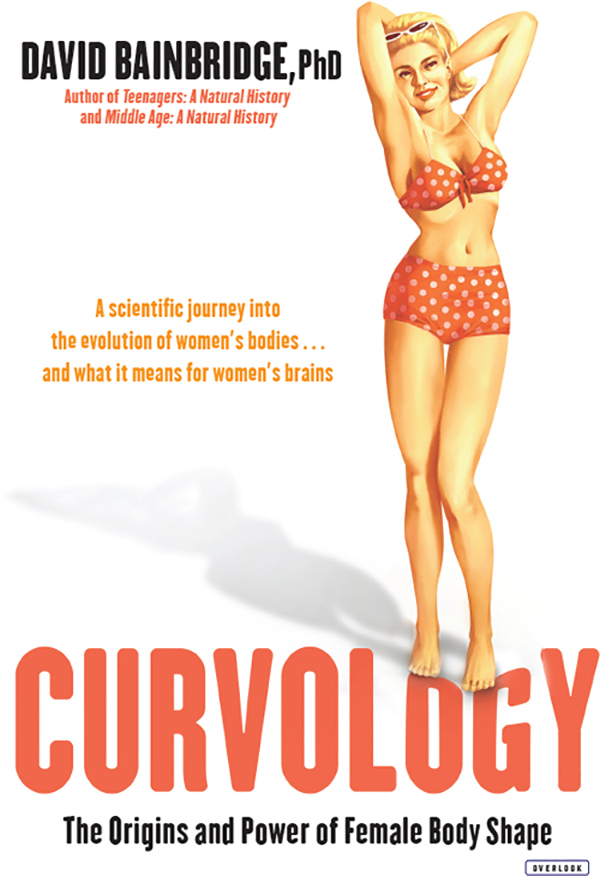Making Babies: The Science of Pregnancy
The X in Sex: How the X Chromosome Controls our Lives
Beyond the Zonules of Zinn:
A Fantastic Journey through your Brain
Teenagers: A Natural History
Middle Age: A Natural History
This edition first published in hardcover in the United States in 2015 by
The Overlook Press, Peter Mayer Publishers, Inc.
141 Wooster Street
New York, NY 10012
www.overlookpress.com
For bulk and special sales, please contact ,
or write us at the above address.
Copyright David Bainbridge 2015
All rights reserved. No part of this publication may be reproduced or transmitted in any form or by any means, electronic or mechanical, including photocopy, recording, or any information storage and retrieval system now known or to be invented, without permission in writing from the publisher, except by a reviewer who wishes to quote brief passages in connection with a review written for inclusion in a magazine, newspaper, or broadcast.
ISBN: 978-1-4683-1294-2
CURVOLOGY
The Origins and Power of Female Body Shape
DAVID BAINBRIDGE , PhD
F ew things are as tantalizing as a womans curves and yet, humans are the only mammals on earth whose females have curvy bodies. Why? And what does this unique body shape mean for us? In Curvology, researcher David Bainbridge uses his scientific know-how to get to the bottom of this anatomical mystery, and to explore the social and psychological consequences of our cultural fixation with curves and fat.
Bainbridge brings thorough and clear-headed scientific research to this topic, citing fascinating statistics and provocative studies. For example, did you know:
There is evidence that women with larger thighs bear more intelligent children, probably thanks to brain-building lipids stored in gluteofemoral fats.
Humans are not good at understanding their own body shape: right-handed people tend to believe their right arms are larger than they actually are, and that their left arms are smaller.
Before they even hit the age of ten, girls talk about fatness much more than boys do.
Blending evolutionary biology, cultural observation, and cutting-edge psychology, Bainbridge critically synthesizes the science and history of womens body shape, offering insights into how womens bodies became objects of fascination and raising awareness about what this scrutiny does to our brains.
Packed with controversial and compelling findings that drive us to think about the significance of our curves and what they mean for future generations, Curvology offers not just a compelling collection of facts and studies, but an endlessly fascinating take on evolution and its consequences.
I paint a womans big rounded buttocks so that I want to reach out and stroke the dimpled flesh.
Peter Paul Rubens
You can never be too rich or too thin.
Wallis Simpson
All working mums would be a size 8 [US 4] like me if they werent so lazy.
Kate shows off her new curves but is slated for her alcohol tummy.
Waist of an eight-year-old!
Report: The women having surgery for the school run.
Adele every inch a star!
I feel so humiliated I look six months pregnant.
You in 2015 slimmer, happier, stronger.
The insiders guide to the best quick fixes.
Im sexier with the wobbly bits and cellulite.
If God hated flesh, why did He make so much of it?.
Stranger in a Strange Land, Robert Heinlein, 1961
It was just that feeling of not being good enough desperate to be liked. I thought if I was thin then Id be okay Id be liked.
Anonymous interviewee D
This is a book about the female body its biology, the mind it contains, the culture that surrounds it and why it has turned out to be the strangest thing in existence. It has its origins, it has its future, and it also has immense power right now. Its influence pervades our lives from our base visceral functions to the esoteric artefacts of our modern civilisation. And it dictates what it feels like to be a human being female or male.
Modern Western society is obsessed by the female body. Magazines lure readers of both sexes with it; the fashion industry accentuates, conceals or distorts it; we are continually told that it is becoming too large, too small, too exploited. We rehash questionable old statistics about how much time women spend looking in mirrors, yet ridicule women who go on mirror diets deliberately avoiding their own reflection. Women complain about the pressure they feel to conform to an ideal body shape. We fear that young women are being psychologically damaged by the barrage of perfect, often heavily airbrushed female flesh they see, yet we persist in consuming the products of the media who proffer that flesh. The female body is, quite simply, everywhere.
Yet rarely do women seem content with their bodies. Research shows that between 50 and 80 per cent of women are dissatisfied with their bodies, a consistently higher value than for men. At any one time, far more women than men describe themselves as being on a diet. Fifty per cent of women say that they would change the shape or size of their breasts if they could. Parents, friends, enemies, the media, even dolls all have been shown to affect womens self-image.
People have higher expectations of what attractive women can achieve and studies show that we assume skinnier women are richer and better educated. Even in the cradle, female babies possessing (objectively measurable) cute characteristics receive more parental attention. Appearance and attractiveness have been described as the personal billboard we present to the world, and creating that female fleshy billboard can be an unforgiving process. Womens bodies vary enormously, and every day we all deal with that variation.
There were two simple observations which spurred me to study female body shape, and they will reappear in different forms throughout this book.
The first observation is that we are the only species in existence with curvy females, and this bizarre uniqueness demands an explanation. We are happy for animals to be considered handsome or cute, but the idea of curvaceous she-monkeys, voluptuous mares or buxom sows strikes us as distasteful. We resolutely reserve the concept of curvy femininity for humans, and I believe that our uneasy reaction to breaking that convention demonstrates how we all instinctively understand the uniqueness of human female body shape. As will become clear, this exceptional female morphology has dramatic effects on womens lives it affects how they move, the diseases they suffer, their sense of self, and how other people treat them. And sometimes those effects can seem counterproductive for example, how did our species evolve to a point at which most females cannot run naked and unsupported without experiencing actual physical pain?
My second observation is that women think about their bodies more, and in fundamentally more complex ways, than men think about theirs. Biologically, it makes sense for individuals to want to look good to the opposite sex, because this is how you attract a high quality mate to help you produce strong, successful offspring. However, I do not think that heterosexual womens cogitations about their own bodies are often a response to that biological drive. Women think about their bodies a lot, and to a level of complexity and subtlety which amazes most men, but I would argue that they do not usually have men in mind when they do it. Indeed, I suspect that this is why they may often have misconceptions about what female bodies heterosexual men like, and how adaptable men can be if the fleshy reality differs from the theoretical ideal. Compare, for example, the womens bodies on the covers of womens and mens magazines: which vary more? As we will see, men do feature in the story of the female body, but not as much as they might hope and there are potent evolutionary, sexual, psychological, social and cultural reasons why.

